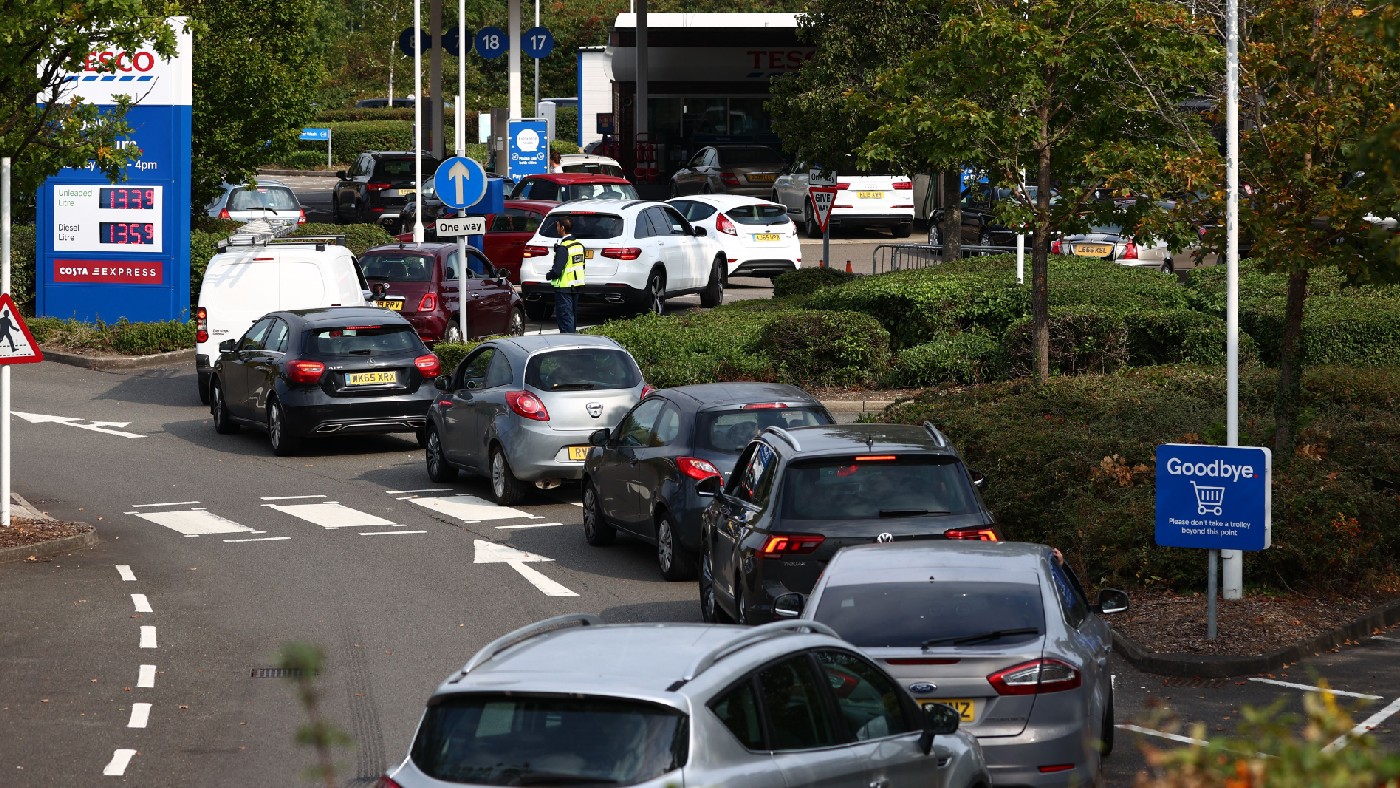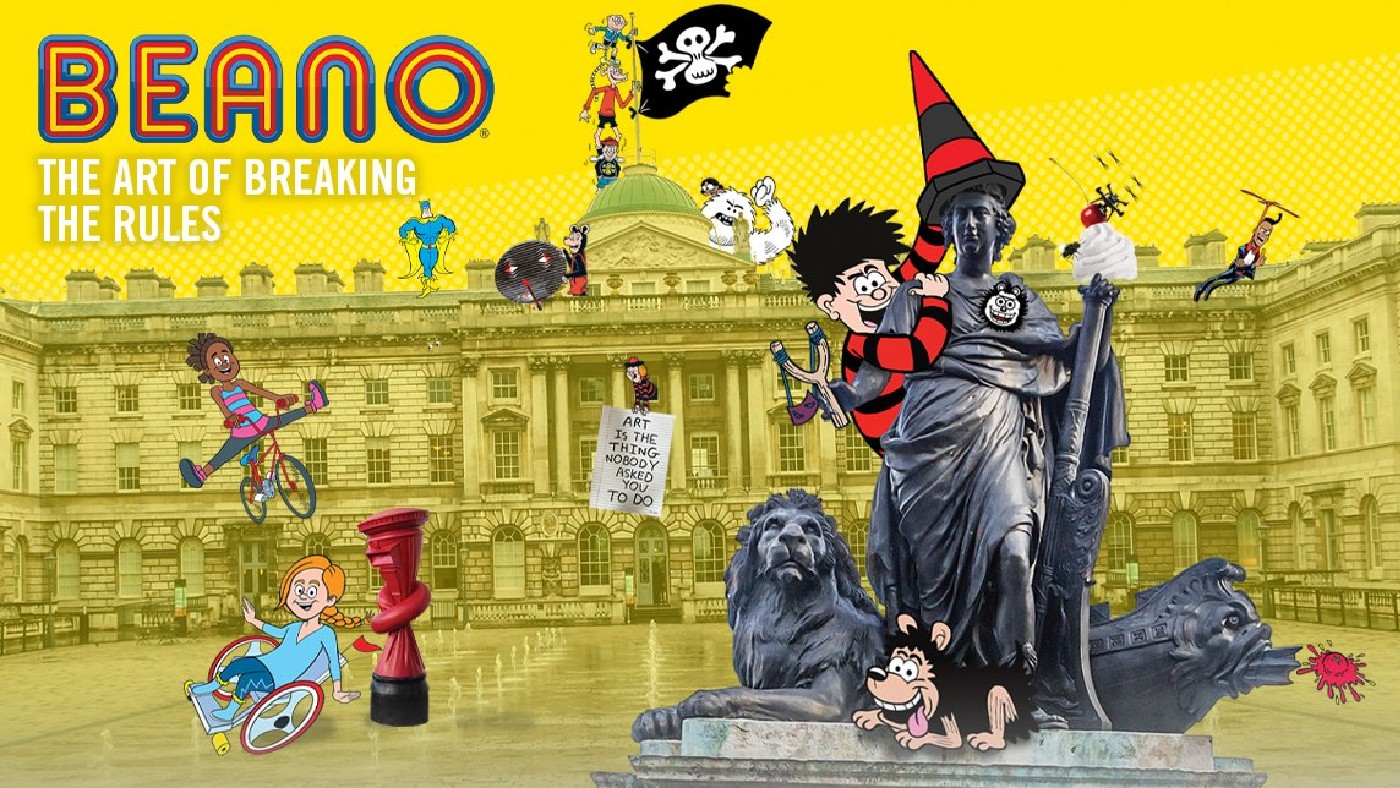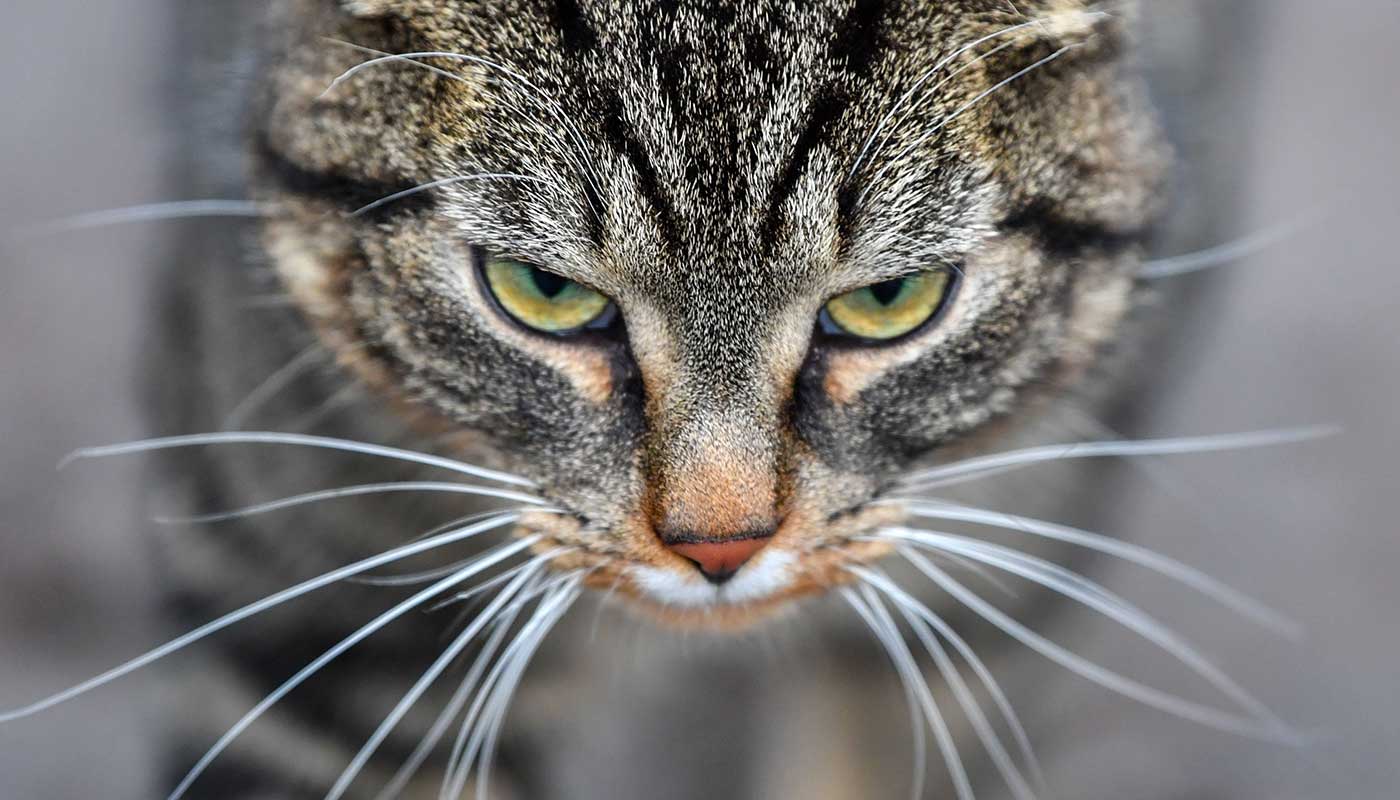‘Individualistic Britain makes France seem like a utopia’
Your digest of analysis from the British and international press

- 1. The petrol crisis might look bad in the UK, but from France it looks even worse
- 2. The army has skills that government clearly lacks
- 3. The workers we depend on deserve better pay
- 4. The Metropolitan Police must acknowledge its mistakes and return to tackling crime
- 5. At my first live concert in 18 months, songs about divorce have never felt so joyful
A free daily email with the biggest news stories of the day – and the best features from TheWeek.com
You are now subscribed
Your newsletter sign-up was successful
1. The petrol crisis might look bad in the UK, but from France it looks even worse
Eleanor Margolis for the i newspaper
on watching from afar
“It’s easy to idealise other countries when yours is falling apart”, writes Eleanor Margolis for the i newspaper. Margolis has been watching the fuel crisis unfold from “the safe distance of France”, a place that “currently seems like a utopia”, with England looking “more and more like a kleptocratic failed state” every day. On a recent train journey from Paris to the Burgundy countryside, Margolis was “humbled to see entire train carriages full of masked people” – “something that, in London at least, most people seem to have given up on entirely”. This “plus France’s vaccine pass system” may well be why Covid rates are “around seven times higher in the UK than they are in France”, she adds. Britain is just so individualist, says Margolis, from “the refusal to wear masks, to the willing allotment of power to landlords and property developers”. After looking at pictures of Britons “in snaking petrol queues”, is it any wonder, Margolis asks, that “idealism, romanticism even, about France” is so hard to avoid?
The Week
Escape your echo chamber. Get the facts behind the news, plus analysis from multiple perspectives.

Sign up for The Week's Free Newsletters
From our morning news briefing to a weekly Good News Newsletter, get the best of The Week delivered directly to your inbox.
From our morning news briefing to a weekly Good News Newsletter, get the best of The Week delivered directly to your inbox.
2. The army has skills that government clearly lacks
Andrew Hill for the Financial Times
on an ‘avoidable crisis’
The way you react when the government puts soldiers on the streets “depends on where you live and what you’re going through”, says Andrew Hill in the FT. When forces are deployed to help deal with natural disasters, such as the Bundeswehr in Germany during the recent flooding, it must have been “reassuring to see trained uniformed personnel helping out”, he says. But the government’s appeal to the army “to help relieve an avoidable crisis over a lack of petrol-tanker drivers” provokes a different response in Hill: it merely signals “that someone in the civilian chain of command messed up”. “The army, air force and navy offer qualities on demand that companies, and the government, should have built themselves: preparedness, resourcefulness, flexibility, decisiveness,” he writes. “The appeal for help is a reminder of how poor this government is at handling the predictable – indeed, predicted – consequences of its earlier decisions, notably Brexit.”
A free daily email with the biggest news stories of the day – and the best features from TheWeek.com
3. The workers we depend on deserve better pay
Libby Purves for The Times
on the real key workers
If the past 20 months have taught us anything “it is who the real key workers are”, writes Libby Purves in The Times. Lockdowns reminded us “that most of those on whom the nation depends do not work cosily from home even in pandemics, and that they are not the highest paid”. Doorstep applause was also deserved for the “millions of people with unglamorous hands-on jobs” who “held the nation together”. “Nobody’s going to hold a victory parade for shelf-stackers or van drivers but we do need to address the question of low pay,” says Purves. “We need to address the matter of poor wages and how even working families feel great stress and hunger in a time of rising costs.” The government’s recent “pleading” for more HGV drivers “is a reminder that buying good human labour, whether at the wheel or in a care home, involves a fair price”. The “instinct to exploit” workers has run riot in the UK for years now; “the latest Low Pay Commission report tells us that over half a million workers get less than the legal minimum wage”. “Maybe the lessons of the Covid year and the HGV crisis will accelerate a move away from this contemptuous exploitation”, says Purves. “I hope so.”
4. The Metropolitan Police must acknowledge its mistakes and return to tackling crime
Tim Stanley for The Daily Telegraph
on ‘grotesque’ policing errors
The Metropolitan Police made “two grotesque errors” in its handling of murderer Wayne Couzens, says Tim Stanley in The Daily Telegraph. The first was “to offer insulting advice on what to do if confronted by a lone officer”; while Police Scotland is introducing a policy where officers must offer a “verification check”, the Met “advised people to cry for help, flag down a bus or dial 999. The burden of safety thus passes from the cops to us, as if crime were beyond the Met’s control”, he writes. The second was for Cressida Dick to say that “on occasion”, there is a “bad ’un” on the force, Stanley adds. But Couzens “was a chameleon-like predator who was nicknamed ‘The Rapist’” and with a “history of sex crime”. Couzens’ arrest and sentencing “has opened up a debate about the low-level sexual assault that women have to navigate throughout their lives”, says Stanley, “but the proximate issue is that the police simply did not do their job – that if they had, Sarah [Everard] would still be alive”.
5. At my first live concert in 18 months, songs about divorce have never felt so joyful
Rick Burin for The Guardian
on losing yourself in the music
On a recent Monday evening, “a mere 557 days” since Rick Burin’s last concert, he attended a gig by singer-songwriter Martha Wainwright at London’s Union Chapel. “The background music stopped. The lights dimmed. The hubbub cut suddenly to silence. And there was that single, shared moment of realisation, before the tumult commenced,” he writes in The Guardian. Though her new album, Love Will Be Reborn, is “about her divorce”, the whole audience was “so happy – Martha included”, says Burin, a writer and senior press manager at the Royal Albert Hall. “Wainwright exemplifies live music’s central appeal: its narcotic escapism and capacity for emotional release”. There is something “unexpectedly affecting” about live music, he continues. “We have lived too much in the real world of late, or perhaps not in it at all.” During Wainwright’s gig, the crowd “were lost in the music, and we could forget everything else”.
-
 5 blacked out cartoons about the Epstein file redactions
5 blacked out cartoons about the Epstein file redactionsCartoons Artists take on hidden identities, a censored presidential seal, and more
-
 How Democrats are turning DOJ lemons into partisan lemonade
How Democrats are turning DOJ lemons into partisan lemonadeTODAY’S BIG QUESTION As the Trump administration continues to try — and fail — at indicting its political enemies, Democratic lawmakers have begun seizing the moment for themselves
-
 ICE’s new targets post-Minnesota retreat
ICE’s new targets post-Minnesota retreatIn the Spotlight Several cities are reportedly on ICE’s list for immigration crackdowns
-
 ‘Irony’ as Zoom calls staff back to office
‘Irony’ as Zoom calls staff back to officefeature And other stories from the stranger side of life
-
 The U.S. veterinarian shortage crisis
The U.S. veterinarian shortage crisisSpeed Read With an anticipated shortage of 15,000 vets by 2030, it will be harder to get care for pets
-
 Boris Johnson shocks UK by resigning from Parliament
Boris Johnson shocks UK by resigning from ParliamentSpeed Read
-
 Company teaches mask-wearers to smile again
Company teaches mask-wearers to smile againfeature And other stories from the stranger side of life
-
 Beano comics sent to Australia
Beano comics sent to Australiafeature And other stories from the stranger side of life
-
 Bees delay flight for three hours
Bees delay flight for three hoursfeature And other stories from the stranger side of life
-
 Global happiness has been 'remarkably resilient' over the past three years
Global happiness has been 'remarkably resilient' over the past three yearsfeature
-
 Ministers considered killing all cats during pandemic
Ministers considered killing all cats during pandemicfeature And other stories from the stranger side of life